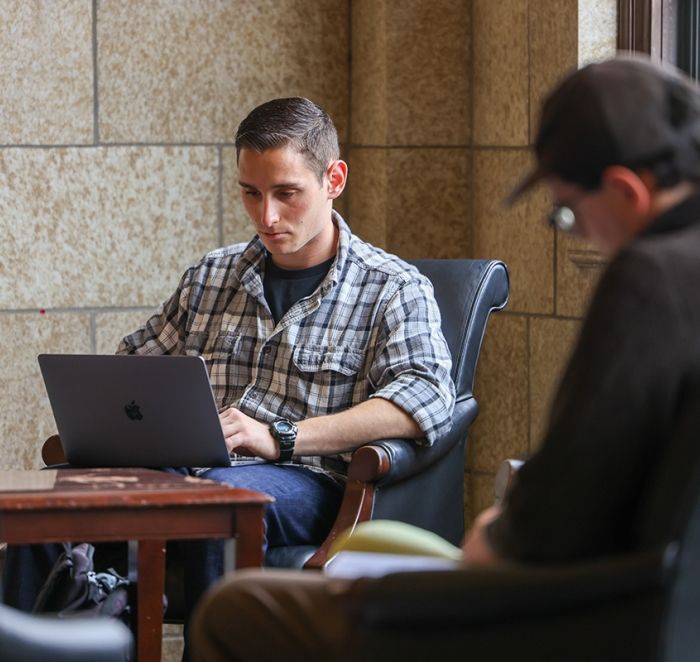Albany Law School Creates Social Justice Concentration for J.D. Students
Albany Law School is proud to announce the creation of a concentration in Social Justice for students studying for a J.D. degree.
While many law schools in New York State offer courses and experiential learning opportunities in social justice, Albany Law School joins Columbia Law School as the only two law schools in the state to codify social justice as a formal academic concentration.
“The creation of this concentration honors our commitments to creating unparalleled opportunities for students to gain the in-depth legal knowledge and skills necessary for work in the public interest.” said President and Dean Alicia Ouellette.
“Educating and training the next generation of attorneys to be prepared to have an impact in their communities is the cornerstone upon which Albany Law School is built. And educating our students to become future lawyers is about more than just teaching them substantive law,” said Associate Dean for Academic Affairs Connie Mayer. “We prepare them to go out to shape our world by making and enforcing law, advocating, developing and implementing policy. It is important to teach social justice to make students aware of situations in which people without power are limited by the law and its application. They need to understand when the law could help people address that power imbalance.”
Concentrations at Albany Law consist of optional courses of study and are somewhat similar to undergraduate majors. However – unlike the typical undergraduate major – J.D. students do not have to select a concentration. Students who fulfill the requirements for a J.D. receive a degree regardless of whether or not a concentration is selected. Students who successfully earn a concentration receive notations on their transcripts and are entitled to represent the concentration on their resumes.
The concentration is one of 17 offered by Albany Law. Other concentrations include tax law, elder law, and intellectual property. The concentration is available to enrolled students and current students who have met the requirements of the concentration and will graduate this May.
For the Social Justice concentration, students must complete a minimum of 15 credits in courses such as Poverty Law; Artificial Intelligence, Bias, and the Law; Race and Civil Rights; Critical Race Theory; or Civil Rights Liability Litigation among others. Currently, there are 22 available courses in the concentration with more being developed. The courses are available to all students even if they are not formally pursuing the concentration.
In order to complete the concentration students must maintain a minimum grade point average and complete a research paper.
Beyond the concentration, Albany Law School has a variety of programs and offerings to address social justice. The Government Law Center is involved with a number of community police review boards throughout New York State and recently hosted a seminar about New York's Executive Order 203 which requires municipalities with police forces to “reform and reinvent” policing. Annually, the Justice Center’s pro bono program oversees students committed to thousands of hours of work in immigration, LGBTQ, prisoner, veterans, and elder rights among many other fields. In 2020, members of the Albany Law School faculty also formed the independent Institute for Racial Justice Research and Advocacy (www.raceandlaw.org).
“When we organized our town hall meeting last summer to talk about the issues affecting our minority students and the recent events of police brutality, our students suggested implementing a social justice concentration as one of the many ways to make a change on our campus. This new concentration proves that our voices were heard by the faculty and staff,” said Black Law Students Association President Shellee Daniel ‘21. “Although the new Social Justice Concentration will not be a total fix for the issues of social injustice that occur in our community, it is indeed a great first step in the right direction. Although I am sad that I am too far along in my law school career to benefit from the new concentration, I am extremely grateful that the students after me will be able to make changes on our campus and in our community.”


